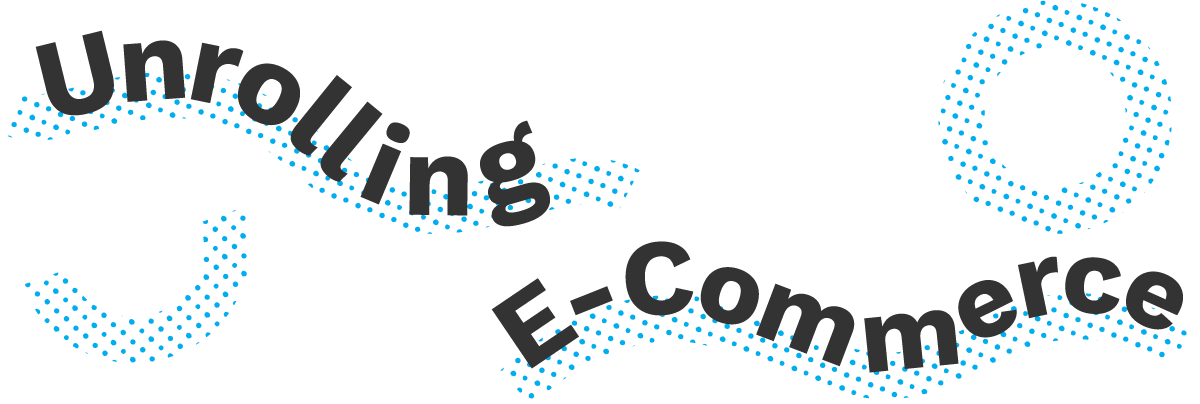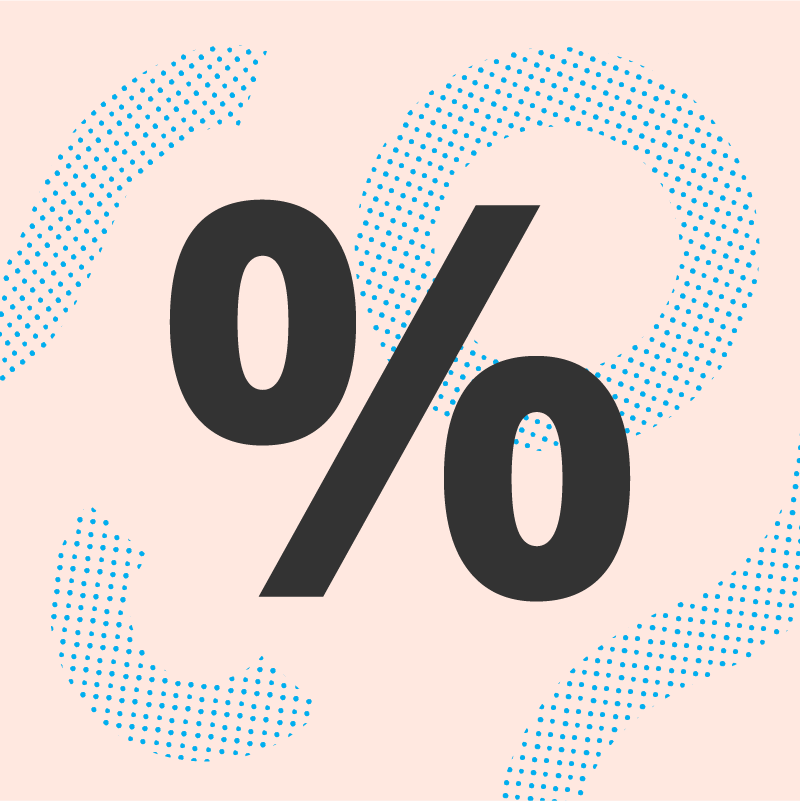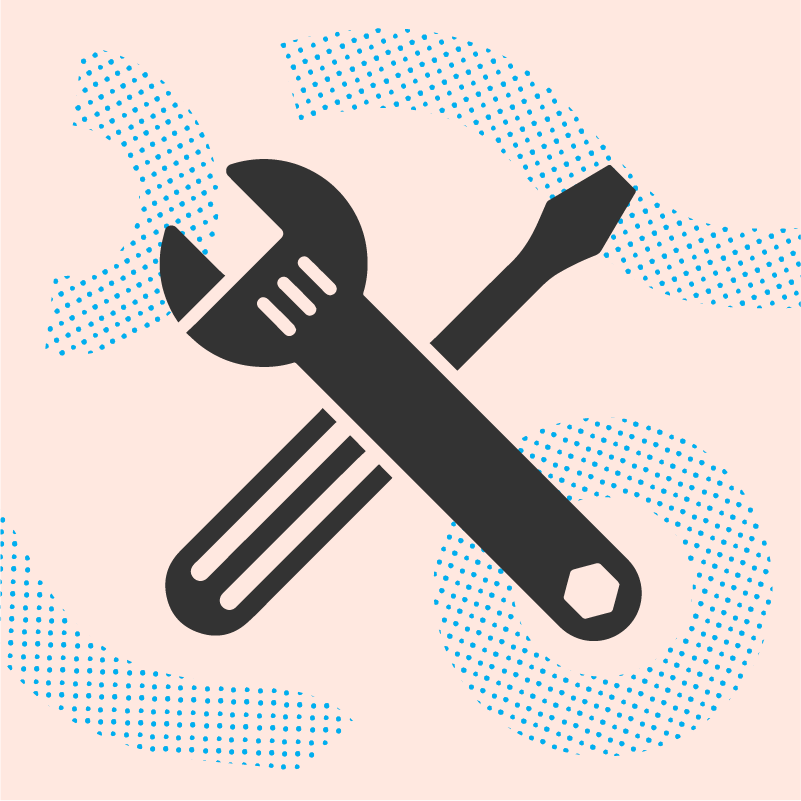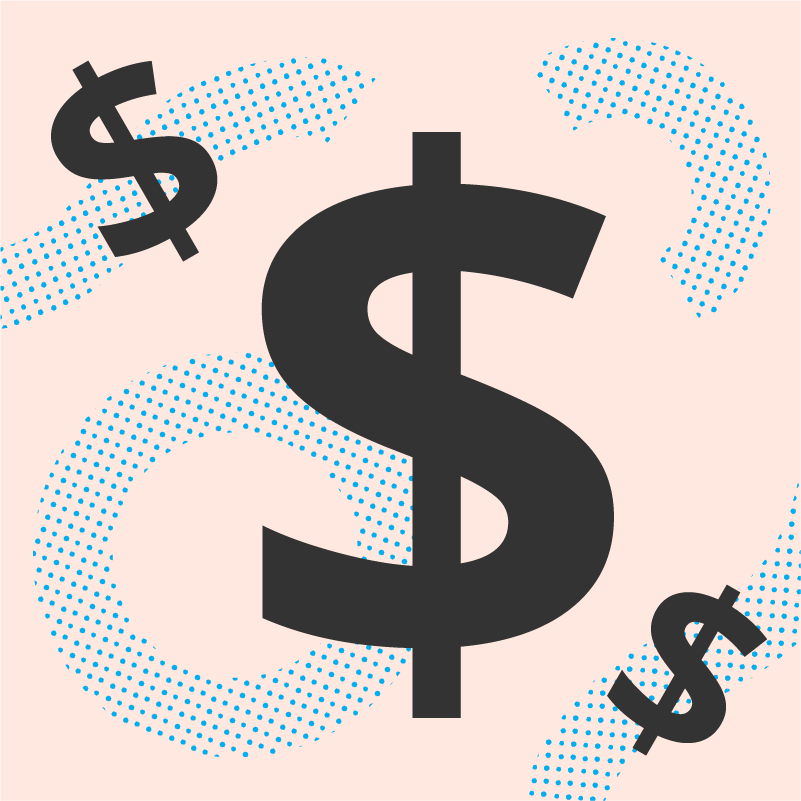

How Ambitious Brands Rethink KPIs During a Pandemic
How do you find your north star when thrown into a crisis? Legacy metrics can be misleading and unhelpful when assessing the current state of business.
Recalibrating KPIs is essential to ensuring that your company is hitting its mark and satisfying your customers’ needs. In today’s episode, we chat with D2C companies that are expanding their digitization efforts and implementing systems to ensure that new customer behaviors are tracked, tested, and implemented into their marketing strategies.
Subscribe
Episode Guests

Kristen Anderson
Kristen is a product leader in consumer FinTech and banking integration. She co-founded Catch, a Y Combinator-backed startup combining savings, investment, and insurance for those without access to employer benefits. Early in her career, she worked with Commonwealth to design and scale innovative savings products that now serve more than 80 million consumers. Kristen also helped launch one of the first student loan repayment SaaS benefits platforms.

Caroline Culbertson
Director of Marketing, Betabrand
Caroline describes herself as ‘a curious marketing and ecommerce maven with a history of applying creative solutions to amplify brand positioning while driving growth’. Betabrand designs amazingly comfortable clothing for women who like to stay active all day long. Dress Pant Yoga Pants, Yoga Denim, travel wear, and more.

Sebastian Morales
Sebastian is a former private equity and investment banker specializing in real estate, industrials, workouts/distressed assets, and corporate strategy. Good & Bed aims to deliver the highest quality bedding at affordable prices for all. Pursuing an omni-channel strategy, good & bed is now in major US retailers, and a growing direct-to-consumer arm.

Kari Sapp
Goodboy is a direct-to-consumer dog supplement company, helping pet owners quickly identify health issues and goals, in turn, providing them with high-quality supplements that specifically target their dog’s needs. Founded in 2019, Goodboy offers its line of premium supplements in recurring deliveries, shipped directly to your door, on a schedule tailored to each individual dog.

Gina Ciarrocchi Zech
Associate Director of Digital Marketing at Pegasus
Pegasus is a game changer for hotels, combining innovative technology with five-star support to give hoteliers more control over their revenue and distribution strategy than ever before. Gina’s approach to digital marketing is founded on the in-depth data mining capabilities required of an agency-bred paid search marketer. She’s responsible for building and streamlining internal processes that contribute to the efficiency of a 100% remote, global team of digital marketing managers and associates for Pegasus.
Resources
Transcript
ADROLL: Welcome to Unrolling E-Commerce with AdRoll.On today's episode,
How Ambitious Brands rethink KPIs During a Crisis.
Good & Bed: These are just trying times for everyone, and you know, while most of our KPIs are improving, you know, they're nothing without the people behind them.
Betabrand: You know data to us through like poll responses, or even open-ended comments, we’re able to take that data and see that those customers who engage with the platform and crowdfunding or crowdsourcing, are more valuable than customers who don’t. So we're also trying to think of ways that we can always keep those customers engaged with the brand because they will be more valuable down the road.
Catch: There are a couple of metrics internally that we look at to judge not just the success of our business but also the financial health of the people on our business. We've aligned all of our KPIs with things that we think make our users more financially healthy.
AdRoll: Key performance indicators or KPIs are always important, but what do you do when thrown into a crisis? How do you find your north star? Pre COVID-19 analytics are no longer fit for purpose. Legacy metrics can be misleading and unhelpful when assessing the current state of the business. Recalibrating KPIs is essential to ensuring that your company is hitting its mark and satisfying your customer’s needs. In today's episode, we chat with direct-to-consumer companies that are expanding their digitization efforts and testing systems to ensure that new customer behaviors are tracked, tested, and implemented into their marketing strategies. Good & bed is a family affair; their products were born at home and later became the foundation of the business supplying textiles, linens, and home hoods.
Good & Bed: We continue to track our general KPIs, for the most part, have been, for the ones we track, for the most part, have been positive other than, we’ll call it delivery and manufacturing. But you know in these times we kind of like, shifted out primary KPIs to be on our people and their well-being, and sort of like enhancing or ‘social capital,’ if you will. These are just trying times for everyone, and you know, while most of our KPIs are improving, you know, they're nothing without the people behind them. Throughout this whole thing is, you know, maintaining our staff and their families is a top priority. Understanding your business is essential. So we are the of the position where furloughs and layoffs can potentially drain institutional knowledge. So we aim to come out of this stronger with the same team that has brought us this far. Having said that you know, and the wholesale side we've seen a decrease in orders and some cases, you know partners have delayed payments or reduced payments, or doing like store closures. So we also think that's temporary, but you know, given the circumstances you got to be as flexible as a partner as you can be, without really hurting yourself, right? It's just a very unprecedented event.
AdRoll: Betabrand, who makes dress pant yoga pants explain what KPIs they've tracked to develop customer retention and find the most cost-effective ways to leverage their existing customers.
Betabrand: We look at kind of all of the usual suspects of e-comm KPIs.I mean, we're obviously looking at our cost to acquire a customer to see what is the most efficient both from a channel perspective as well as a product perspective. And then looking at that lifetime value than average order value to make sure that we are acquiring high-value customers. A couple of other data points we look at, one is kind of the velocity at which people are purchasing. So we know that customers that are high value to the business, they tend to purchase more frequently than people who aren't as valuable. So even if their average order value is the same across the board, you know, for example, like most people are coming in buying dress pant yoga pants, so it's a similar price point. We know that you know, our top tier high-value customers are making more frequent purchases. So for us, it's like, okay, well as a business, what can we do to support that? To move more people into this kind of high value, loyalty customer tier and that is you know, continually rolling out new limited edition styles and new colorways and more assortment for them to choose from, so that they purchase more frequently. That's one thing. I think another thing that we have seen is that when our consumers interact with our kind of engagement platform, so if they're submitting data to us through poll responses or even open-ended comments. We're able to take that data and see that those customers who engage with the platform and crowdfunding or crowdsourcing are more valuable than customers who don't. So we're also trying to think of ways that we can always kind of keep those customers engaged with the brand because they will be more valuable down the road.
AdRoll: The hotel and travel industry has taken a real hit this year. Pegasus, serves the worldwide hotel and travel industry, with a medley of technological services. They are the industry's largest provider of third-party marketing and reservation services. Gina chatted about how ROI (return on investment) of course has always been important in the travel industry, but now more than ever.
Pegasus: From a paid media perspective, our biggest recommendation for hotels that are getting back into the space is that we need to concentrate on the lowest hanging fruit. So for folks who, and to expand on that, I guess it's less about finding new guests and less about prospecting and brand awareness, as it is about concentrating on the guests that actually know your brand and know who you are, and are actually searching for you. So brand paid search is really the biggest, the biggest tick box to check I guess, that we're trying to get property started back on with. And then outside of that metasearch is really the next biggest thing because at that point it an ad(vert) will not show unless you A) have availability for the dates at the user is shopping, and then from there, it just becomes a much more lowest hanging fruit kind of effort, like I said. So those are the two big things to concentrate on, given that everything right now is really hyper ROI focused, in terms of marketing. We're always hyper ROI focused but I think now so it's even more imperative that the dollars actually stretch and that they're going to the right places. So for our smaller properties, our smaller independent hotels, those are like the two main efforts that were really trying to capitalize on. For larger hotels, possibly hotels that are in more populous markets than that's whenever we can start to incorporate our display remarketing and other efforts that are a little bit more than funnel. Then we have more space to be able to bring those folks back, concentrate on them, and then push them down into the funnel and convert them.
AdRoll: Catch(.co) provides benefits to those without benefits. Tax withholding, health insurance, savings,you name it. The company had a 24-month roadmap planned out when COVID struck. Founder Kristen Anderson explains how the company aligns its KPIs with factors that make its users and customers more financially healthy.
Catch: There are a couple metrics internally that we look at to judge not just the success of our business, but also like the financial health of the people on our business. We've aligned all of our KPIs with things that we think make our users more financially healthy. So one of those is like our average balance, right? There's a statistic that says that 44 percent of Americans right now.I'm guessing when they redo this given the pandemic the number is going to be much higher but I guess it's called a six month ago statistic, that said 44% of Americans couldn't cover a $400 emergency. Our average balance right now is significantly higher than that, which means that we have a user base who is much healthier than the average person in America because they have that liquidity in cash to cover a short-term emergency, which I think we've all like lived through and now recognizes really important. So the importance of the savings rate and that sort of being reflected in the balances is really important. I think health insurance is another one that's kind of tricky to measure some timesbut we know through research that having health insurance makes you less likely to die because you're less likely to put off critical care, you're more likely to do preventive measures, and so our ability to deliver health insurance to folks who were previously uninsured is something that we look at so we say ‘do you have health insurance already? No, you don’t. That's totally fine’.Once we get them health insurance, we can say ‘okay, that's a that's a step towards that stability and success’. In terms of like forward-looking things that we're thinking about. I think we you know, we had a road map for the next 24 months probably and we just sort of looked at what was on that to make sure we had a good sense of ‘are we delivering the things that people need right now?’ and I think we moved a couple of things around, and we started prioritizing disability insurance. So income replacement if something goes wrong, I think there's sort of salience to the recency of this happening and just losing your income. I think a lot of people myself included, I think if you'd asked me a year ago,‘what have you just lost all your income’?I think the gig platforms opened up a huge opportunity to say ‘Oh, well, I'd go on a freelancing platform. I had you know,I try and do some coaching and some writing’ and like, you know, ‘ I could drive I could deliver meals like they're all these ways for me to earn income’, and I don't think a lot of us anticipated this like, you know cataclysmic event where income just stopped. And I think because of that people have a much stronger sense of the importance of something like disability insurance. And so we're working really hard to make sure that's available on the platform as well. So that people can purchase that and make sure that their income is protected for their families and their future.
AdRoll: Goodboy launched in late 2019 and is since adjusted their branding framework. Founder and CEO. Kari Sapp shares why she thinks listening and staying in direct communication with your customers is most important to track performance.
Goodboy: You know, we haven't made any real adjustments. We've kind of had this framework for how we want to be as a brand and kind of you know, banking off of how we want to stay in contact with our customers.I feel like when I know everything about withCOVID and there were a lot of brands that realized that you know, they really didn't have a pulse on what their customer was saying.No, they were, you know wrapped up in digital advertising, or wrapped up in all the things that you should be doing to kind of,you know, create a brand that's going to withstand something like this.But I think a lot of people, you know, kind of lost touch with the person that matters the most which is your customer. So, you know, I think if anything we really leaned into that part of our business of you knows, making sure that that line of communication was open and we wanted to give our customers flexibility. Whether that's you know, I lost my job due to the virus. Like can you pause my subscription, or you know,it's just there are so many things we just wanted to be engaged with, and we you know, we need to support the people that we have is as customers and our subscribers now. So no, we didn't really adjust, you know, we didn't really adjust much. I think we just leaned into our community and try to learn as much as we could.
AdRoll: Thanks to Good & Bed, Betabrand, Pegasus, Catch, and Goodboy for featuring in this episode. Links to all of the companies can be found in the show notes. If you want to learn more about KPIs, you've come to the right place. We have a whole host of content for you at AdRoll.com /resources.I've also added a related blog to the show notes or you can always follow us on Instagram, Facebook, LinkedIn, and Twitter to stay connected and get in touch.

